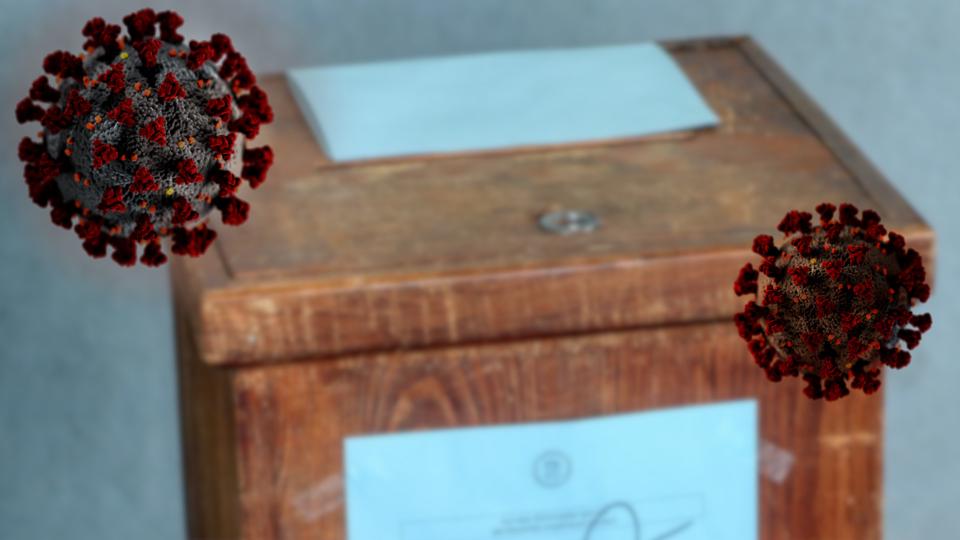Note: This is an automated translation (using DeepL) of the original German article.
Results & findings of simulation project for Vienna’s election 2020 published by PLOS ONE
In order to safely conduct the 2020 Vienna state elections despite the Covid-19 pandemic, the responsible municipal department (MA 62) commissioned a simulation project. The methods, findings and results of the project were submitted as a scientific article. The paper entitled: “How an election can be safely planned and conducted during a pandemic: Decision support based on a discrete event model” has now been published by renowned, scientific journal PLOS ONE.
For MA 62, the reason for commissioning the study was that the necessary Covid-19 protections make voting take longer than normal. This additional delay can cause queues to form in and outside polling stations: potential clusters of infection. The goal of the simulation model was to calculate the queues of polling stations in the computer, to detect and mitigate risk polling stations. Thanks to the simulation results, it was possible to revise and better divide the allocation of polling stations. This reduced the risk for clusters and supported a secure election.
The study was conducted by dwh GmbH, together with DEXHELPP and TU Wien. This year, the research team submitted the scientific findings as a paper to PLOS ONE, the second largest peer-reviewed open access scientific mega journal. After the peer-review process, the paper has now been and is thus available for public access.
